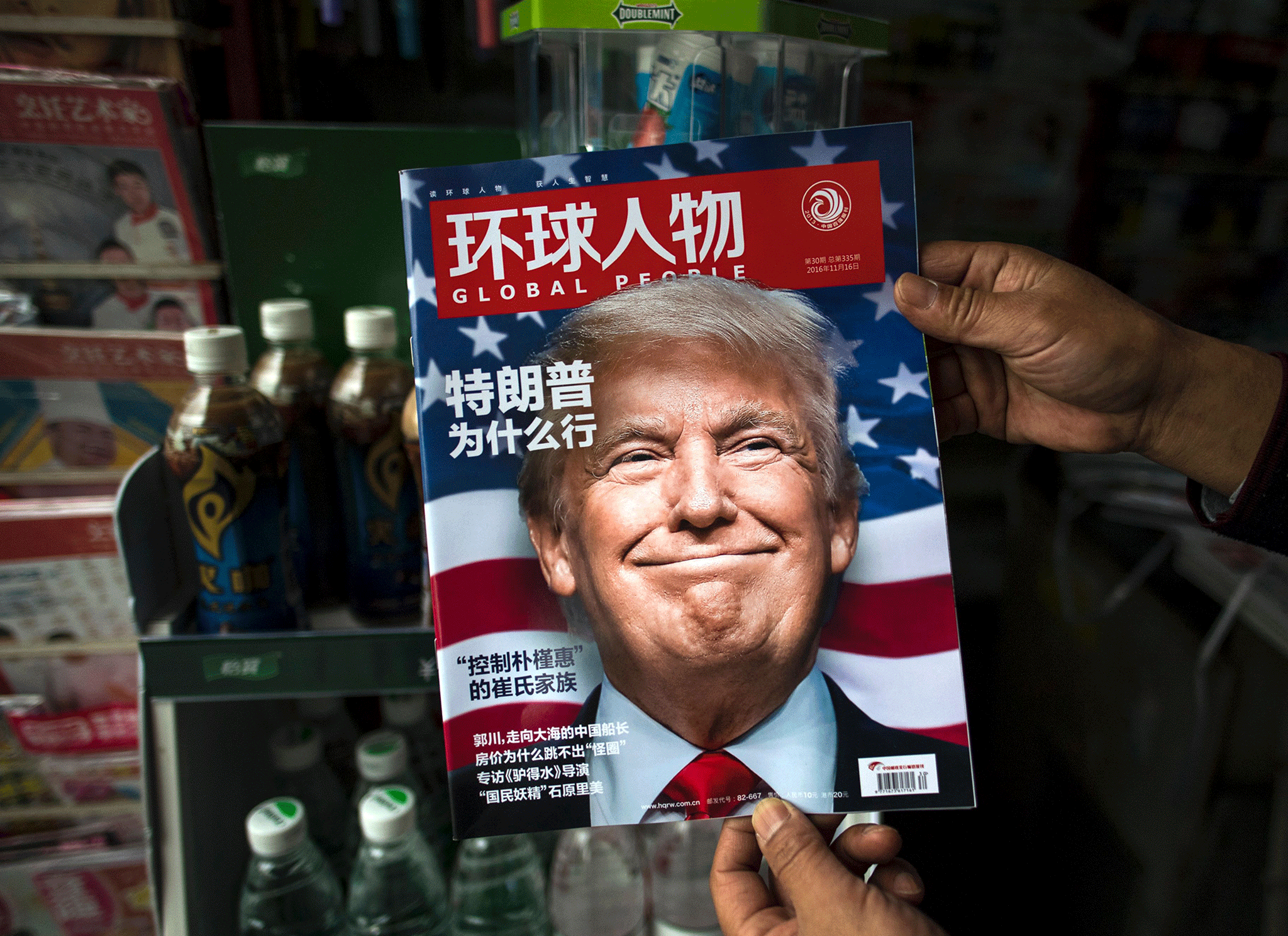By questioning the US policy on Taiwan, Donald Trump went for the only issue that could really hurt China
If, as president, Trump decides to go down this route, he will be placing the Taiwan status issue at the heart of a huge negotiation. The message will be that if China wants to have the ‘One China’ policy maintained, it will have to pay for it. But it won’t work out the way he wants it to


The Chinese may have suspected that as a person who has only ever done business, President-elect Donald Trump was into deals. And his fierce rhetoric during the campaign on China and its protected currency and trade surplus with the US implied that he was going to hone in on getting a better trade relationship with China – better in the sense that it would suit the US more than, on the surface, it does.
But even the most fanciful scenarios drawn up in Beijing when it was known Trump would be president would not have included him hitting on the issue of Taiwan and the “One China” policy as his first means of negotiating.
The unresolved status of Taiwan, to Beijing, is something that matters hugely. It is a fundamental pillar of its legitimacy that it will, one day, reunify the country. This is set against the fact that, under the present circumstances, most Taiwanese, after two decades of successful and stable democratic rule, take the absolute contrary view. Surveys show they regard themselves as Taiwanese, not Chinese, and that they do feel they are independent in all but name.

The US government, since formally recognising the People’s Republic of China as ruled from Beijing in 1979, has subscribed to a simple means of dealing with this rift without getting sucked into supporting either side. The “One China” policy means that Washington only recognises one state. It does not spell out if that state is the People’s Republic or the Republic of China in the case of Taiwan. In theory, one day, reunification might take place under the latter. The key thing, however, is that America’s position has been to recognise one and only one entity.
In questioning this stance, Trump is going for the single issue where he can really hurt Beijing. It is a matter for them above logic or strategic rationality. Taiwan is part of China, and that is the end of it, in their view. This arouses intense feelings of national pride. Outsiders like the US getting involved only churns up memories of the history of humiliation and the interference of colonial powers from a century and a half ago. On this issue, China’s leaders cannot, and will not, have space to back down.
Choosing this area to try to forge a deal with Beijing is therefore a game of the highest stakes. Trump’s hint that he might review the “One China” policy and perhaps acknowledge that there are two China’s would be a seismic act. If, as president, he decides to go down this route, he will be placing the Taiwan status issue at the heart of a huge negotiation. The message will be that if China wants to have the policy maintained, it will have to pay for it – with better market access for US companies, better trade terms, and a liberalised capital account open to the outside world with market-set interest rates, rather than the state-set ones that preside at the moment in China.
Were it not such an incendiary issue, there might be merit in Trump’s approach. Any negotiator has to know their opponent’s bottom line, and he has clearly already worked out that on this issue, the Chinese have a real weakness.
But the flipside of this is that on this issue, they will do everything they can to assert their interests. The unfortunate fact for Trump is that, at the end of the day, Taiwan is just one of a whole menu of issues he will need to confront as president. For China, it is central to the continuity of their regime. And any negotiator, even in business, knows you should never try to strike a deal with someone about an issue they simply can’t bargain over.
Kerry Brown is professor of Chinese studies and director of the Lau China Institute, King’s College London, and associate fellow on the Asia Programme at Chatham House
Join our commenting forum
Join thought-provoking conversations, follow other Independent readers and see their replies
Comments
Bookmark popover
Removed from bookmarks